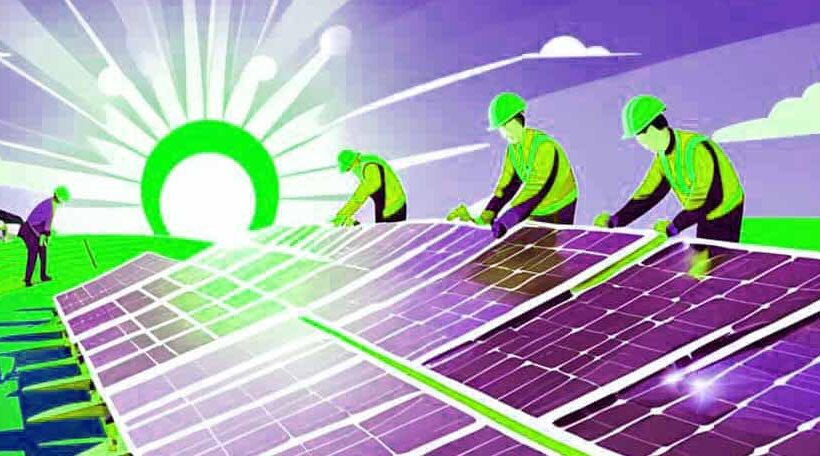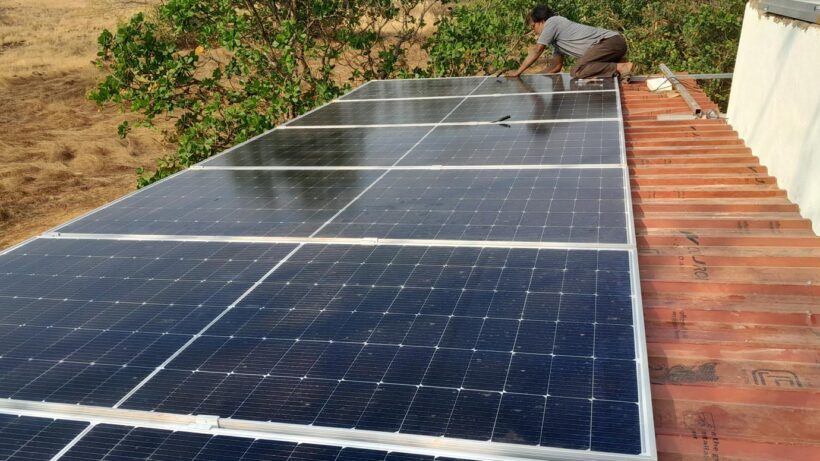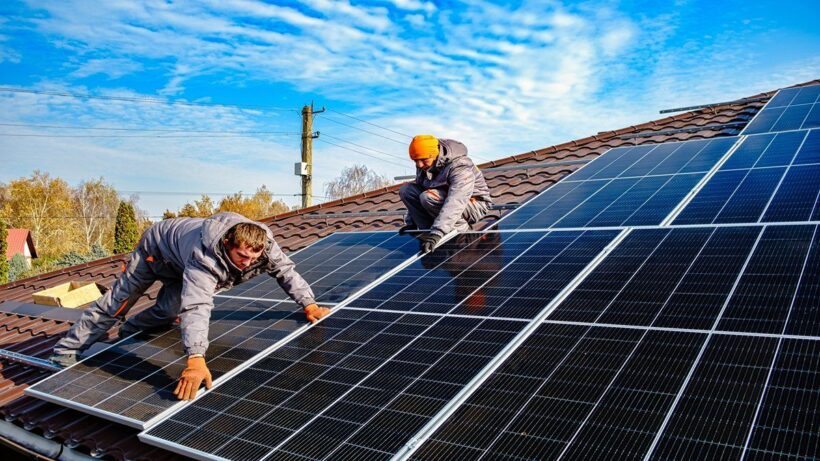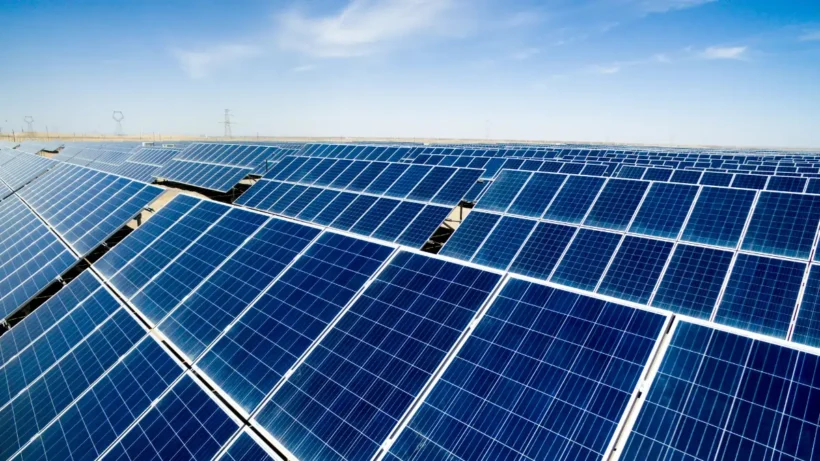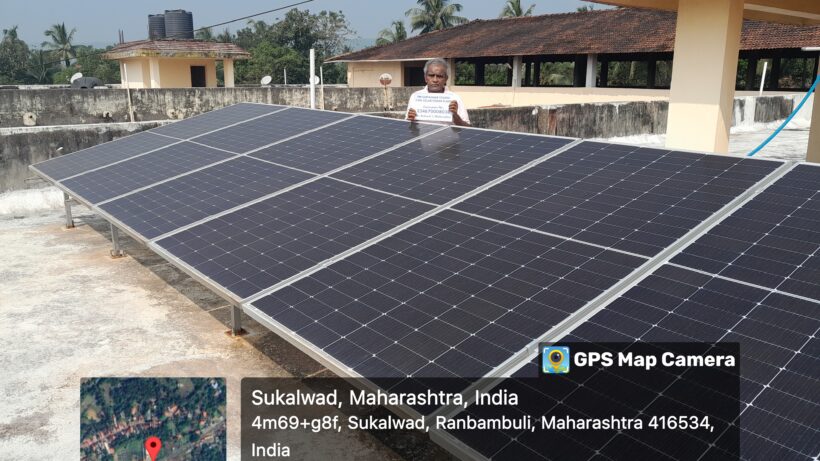Employment Generation with Solar Energy
India's solar energy sector is creating a significant number of job opportunities. According to the International Renewable Energy Agency (IRENA), the country's renewable energy sector employed around 1.02 million people in 2023, with solar energy being a major contributor ¹. Solar Energy Jobs in India - Solar PV Sector: The

